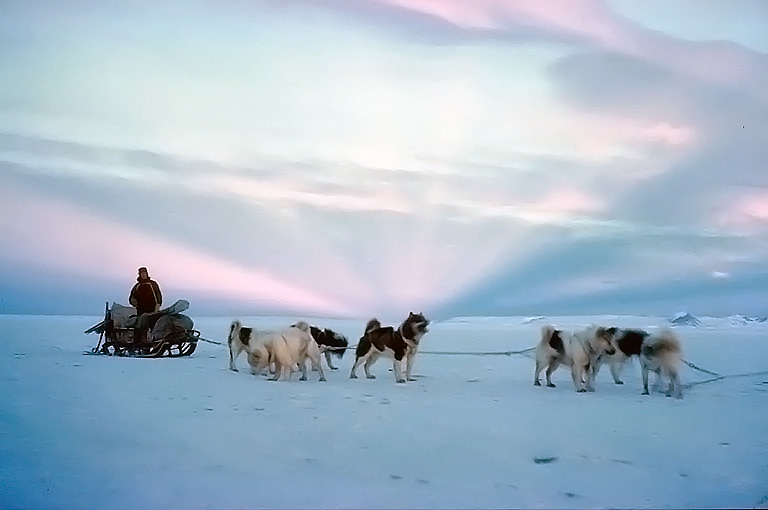
1. reading comprehension questions
- What are the top three buildings in the world now? (P1)
- What was the problem with the buildings made of stone? (P2)
- How could we make skyscrapers possible? (P3)
- What are the advantages of buildings with metal beams? (P4)
- What were the problems architects and engineers had to solve? (P5-6)
- What contributed to the rise of skyscrapers in the United States? (P7)
- Name a skyscraper built in the 1931 in New York . (P8)
- What was the city plan in Europe after World War II? (P9)
- Why did Japan not have tall buildings? / How did they solve their problem? How do dampers work? (P10)
- What technologies can be used to build skyscrapers? (P11)
- Do we really need skyscrapers? (P12)
2. collocations
- The tallest buildings were made of stone. (line 12)
- They had to prevent the buildings from moving too much in the wind. (line 42)
- plenty of it (line 48)
- across the United States (line 49)
- over the years (line 51)
- connected to (line 51)
- throughout the twentieth century (line 56)
- Over the years, many problems connected to high-rise buildings wer solved. (line 51)
- Throughout the twentieth century, other countries were building skyscrapers too. (line 56)
- all over the city (line 86)
3. grammar and usage
- The taller the building was, the thicker the low walls had to be. (line 14-15)
- ..., there were elevators run by electricity, which were fast and light enought to use in skyscrapers. (line 37-38)
- ..., thousands of immigrants were entering the United States from Europe.
- Cith planners rebuilt many of the buildings exactly as they had been, ... (line 59-60)
4. Quizlet
5. Batlyrics: Skyscraper by Eskobar











